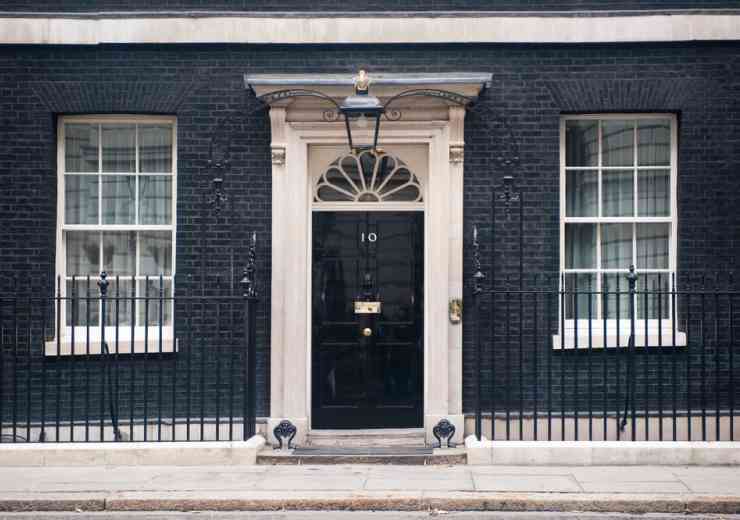MoD says agency could save £200m on single-source deals
The Ministry of Defence reckons it can save £200 million a year by setting up an independent procurement body to oversee single-source contracts awarded to industry.
The MoD said in a white paper on acquisition reform released to Parliament today that it is creating a Single Source Regulations Office (SSRO) to independently supervise a scheme that provides fair profits for companies while providing incentives to reduce costs.
The office, known as a non-departmental public body (NDPB), could save up to £200 million annually, the MoD said in a statement.
The white paper also contains the first details of the MoD’s plans to reform procurement at its £14 billion-a-year Defence Equipment & Support arm.
The government is assessing handing over DE&S to a government-owned contractor-operated (GoCo) management or reforming the current operations — known as DE&S+.
The government paper said it would award a contract to run for up to nine years if it opts for the GoCo route.
A competition to select a winning company, or more likely a consortia, is already underway with companies such as Serco, Bechtel, Fluor, Atkins and KBR all likely to be involved.
The plan is for the winning bidder to conduct the work through an operating company in which the MoD would have a special share.
The GoCo would be allowed to negotiate and sign new contracts on behalf of the MoD although payments to suppliers would be paid directly from the ministry after validation by the operating company.
All DE&S operations will be swept up in the arrangement other than the naval bases, defence munitions and information systems and services.
The white paper said the transfer to the GoCo would be phased in over a two-year period.
It said no decision had been taken about which portion of the organisation would switch over first. Recent speculation, though, suggested it could be the air sector.
Matthew Fell, the director for competitive markets at the Confederation of British Industry, said: “The GoCo procurement model is a bold, new approach but the government must engage widely with the defence industry to build confidence in its ability to deliver.
“The government needs to strike the right balance with the new Single Source Regulations Office so that it drives competitive pricing on the one hand, whilst maintaining the incentives for continued investment in the UK’s world class defence industry.”
The MoD looked at turning DE&S into an NDPB but rejected the idea on the grounds it wouldn’t provide sufficient benefits.
Creation of the NDPB single-source office and a GoCo would both require legislation.
An MoD spokesman said it was hoped the legislation would be passed by Parliament before the end of May 2014 with the NDPB and GoCo, assuming it goes ahead, set up by the end of the year.
Bernard Gray, the MoD’s chief of defence materiel, said that starting the legislative process now means “we will be able to implement the chosen model as quickly as possible once a decision has been made about the future of DE&S.”
The decision to form an SSRO follows a 2011 review into the rules, known as the Yellow Book, that govern single-source contracts at the MoD. The rules have hardly changed since 1968.
The Yellow Book is already overseen by an NDPB but the new SSRO will be more powerful and have a wider remit.
Over the past five years, non-competitive contracts to build platforms like the Astute nuclear submarine and Typhoon fast jet have accounted for an average £6 billion annually.
Amongst SSRO roles will be the scrutiny of contracts, assistance in providing greater transparency and keeping the rules up to date.
The white paper said the MoD will “retain the current profit formula for single-source procurement, which provides the industry with a profit rate comparable to the rest of UK industry in exchange for greater transparency.”
The office, which will sit outside of the MoD, will have an annual budget of £4 million and a staff of around 25 paid for by industry and the government.
A competition to appointment a chairman and chief executive is expected to get underway once the legislation has been passed.
Paul Everitt, chief executive of defence trade organization ADS, welcomed the move but said that it was important industry had a say in forming the new framework for non-competitive tendering.
“The SSRO is intended to provide more transparency between the defence industry and the MoD, offering an opportunity for better project management and greater efficiency. It is important that the new framework is developed in collaboration with all stakeholders, including industry to deliver the confidence suppliers require when tendering for single-source contracts and the best advantage to the taxpayer and the armed services,” he said.
For more information click here
digital issue


























